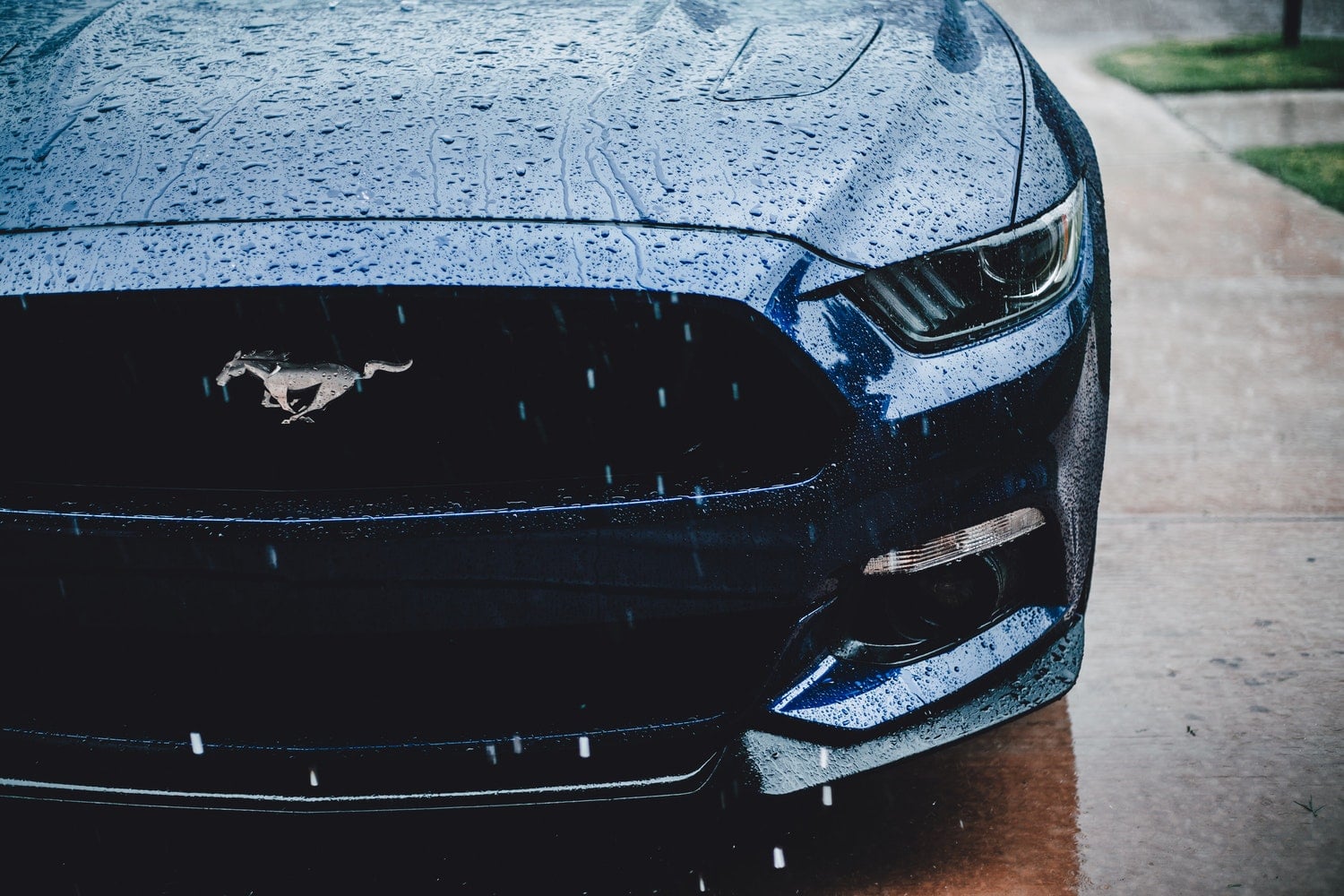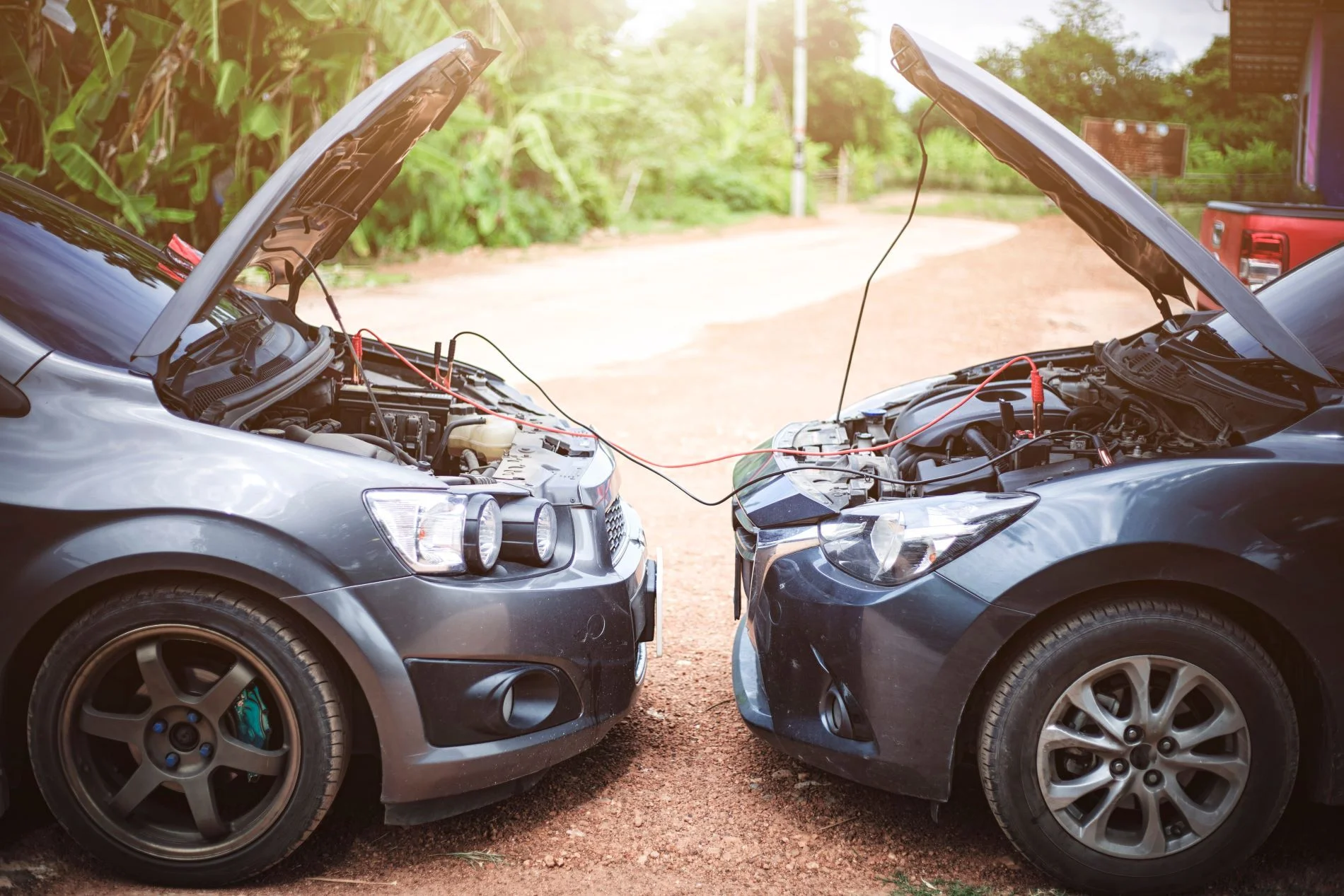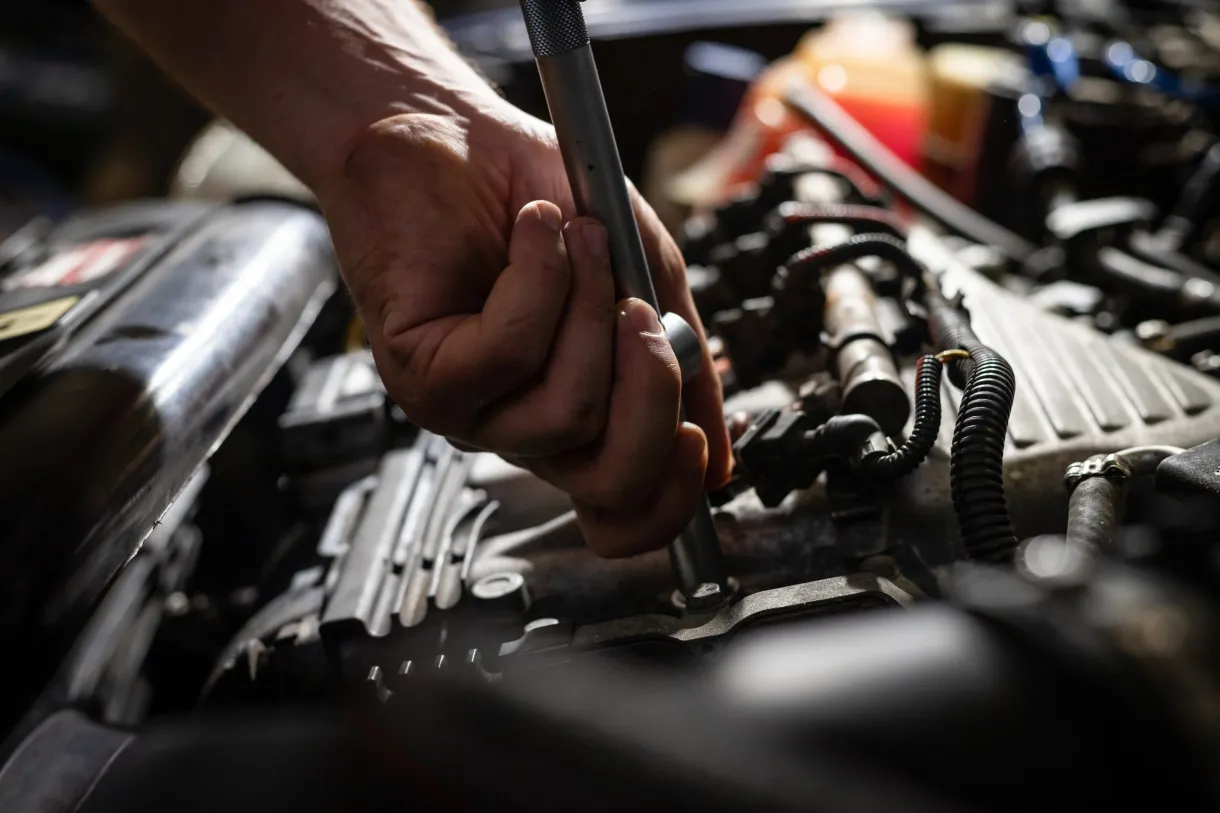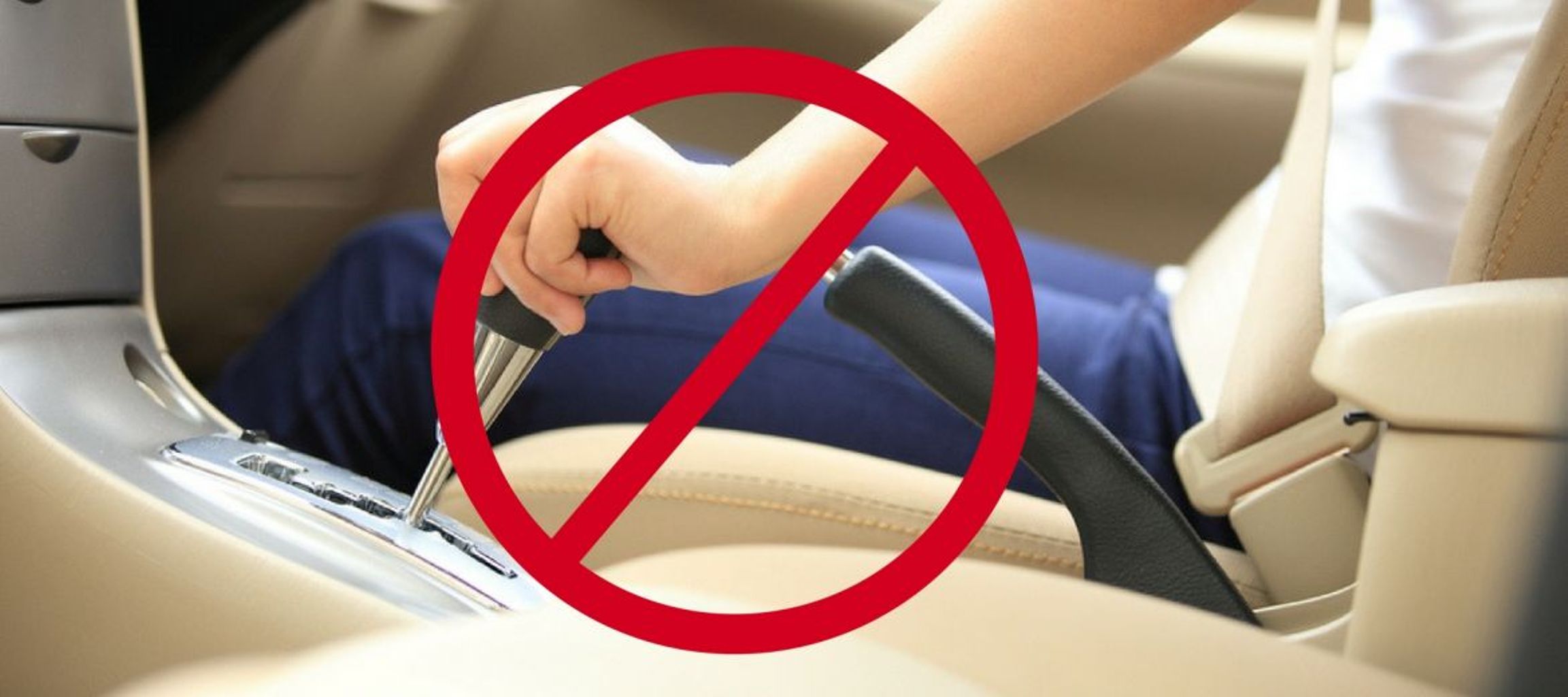
Table of Content
▼There are quite a few enthusiastic drivers out there who are really committed to their driving and love their car more than anything in the whole world. Now if you own a car you know how important it is to you, it is not just some machines put together, it's so much more than that. There are some rookie mistakes that may not seem to be that significant but may damage your car in the long run. We have listed down six of them: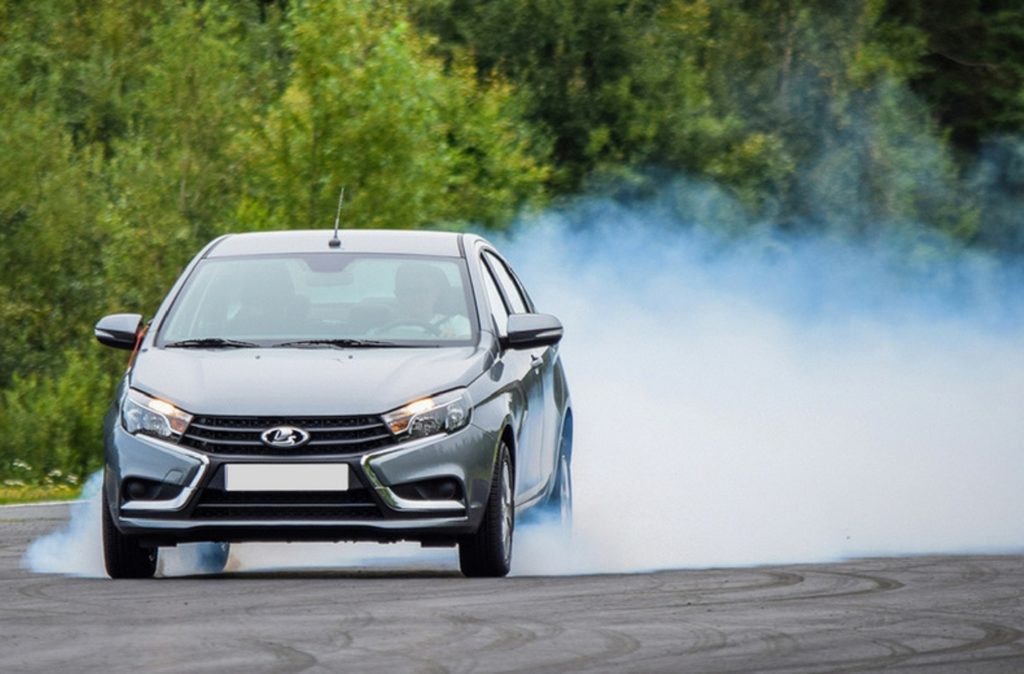
- Keeping a hand on the gear stick- This is a very common mistake that both professional and amateur drivers make. Keeping one hand on the steering and another hand on the gear can affect your car’s transmission. When you rest your hand on the gear you risk applying too much pressure to the selector fork, thus causing premature wear.
- Shifting from drive to reverse without stopping- Often when drivers are in a major rush they will shift between reverse and drive and the other way round. If your car has an automatic gearbox then it is even worse for your transmission. Shifting your gear before coming to a halt will cause wear and tear on the transmission band, things one cannot get servicing for. The brake discs and pads which are serviceable items can be replaced or serviced if you have damaged them.
- Hitting potholes and speed bumps- This might sound stupid as this is not a mistake of a driver but one should try and avoid potholes and speed bumps. Of course sometimes it is inevitable but when you hit a bump it can buckle wheels, lump the tyres and crack alloys, as well as mess up the tracking and wheel balancing.
- Overloading a car- If your car is spacious enough and can carry heavy loads then you can surely carry heavy luggage but avoid overloading it as much as possible. The greater the weight, the more strain you will be placing on the brakes, suspension and drivetrain of your car. Not overloading will also help your car’s fuel economy.
- Reviving an engine when cold- During the winter months one must be very careful that they do not start driving the car until and unless the engine gets warm enough. All engines start from cold and get warm gradually so make sure you give your engine enough time before you head off.
- Late breaking- Unless and until you are in an emergency and absolutely need to stop, sudden breaking can be opted for. But this bad habit must not be incorporated into your daily driving routine. Sudden breaking wears out your pads and disks faster and will cost you more fuel consumption.
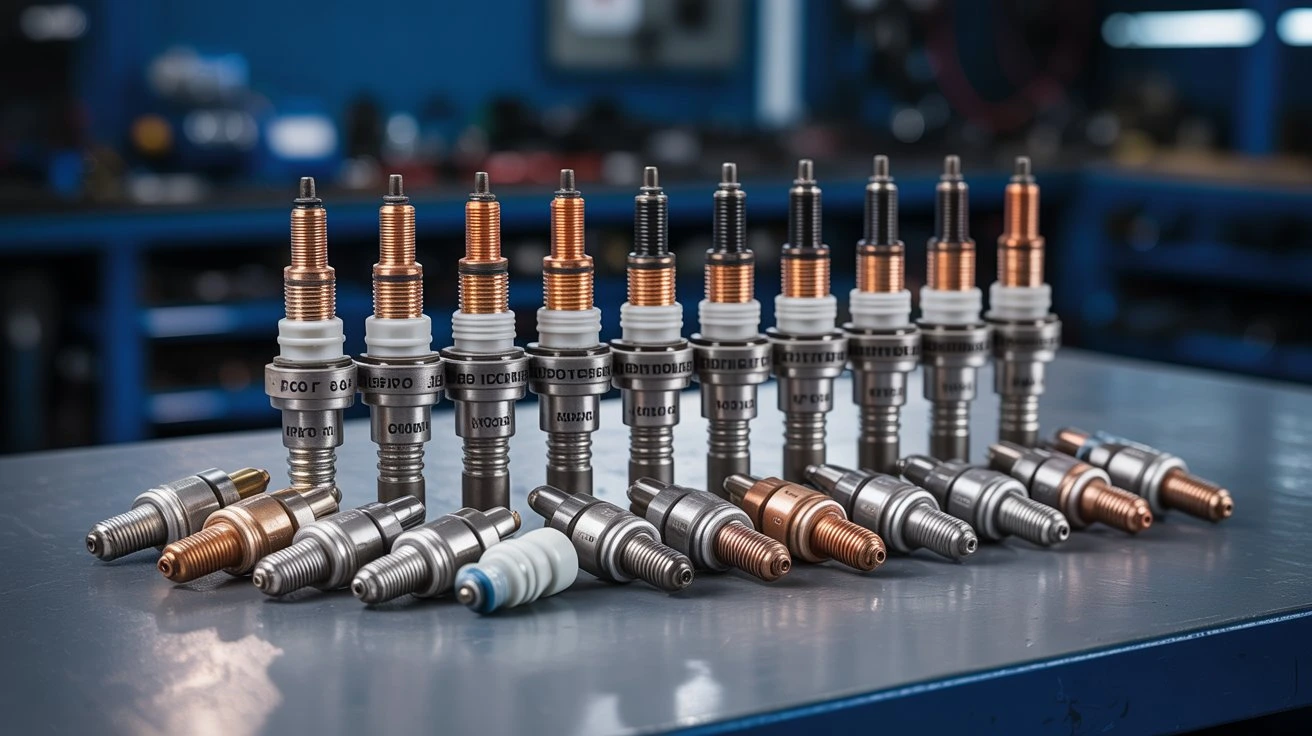
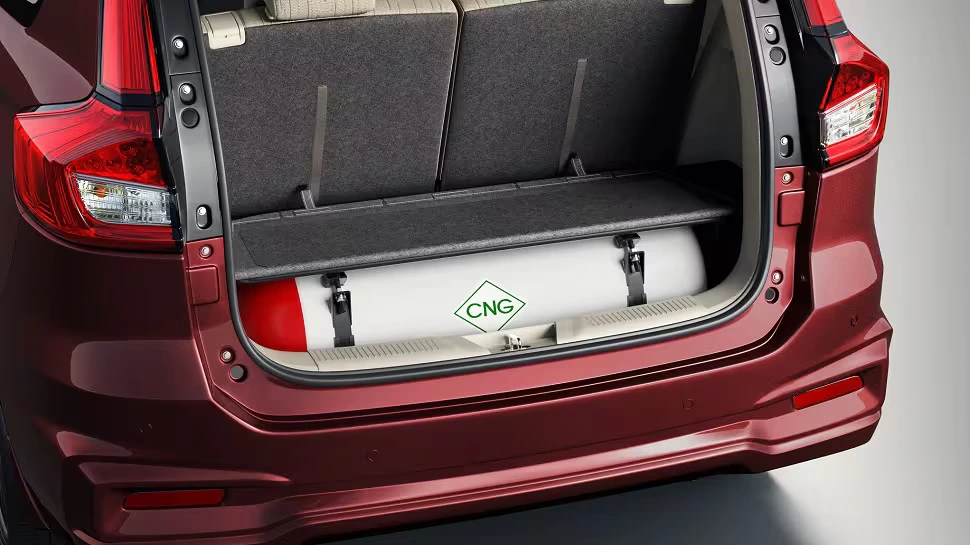
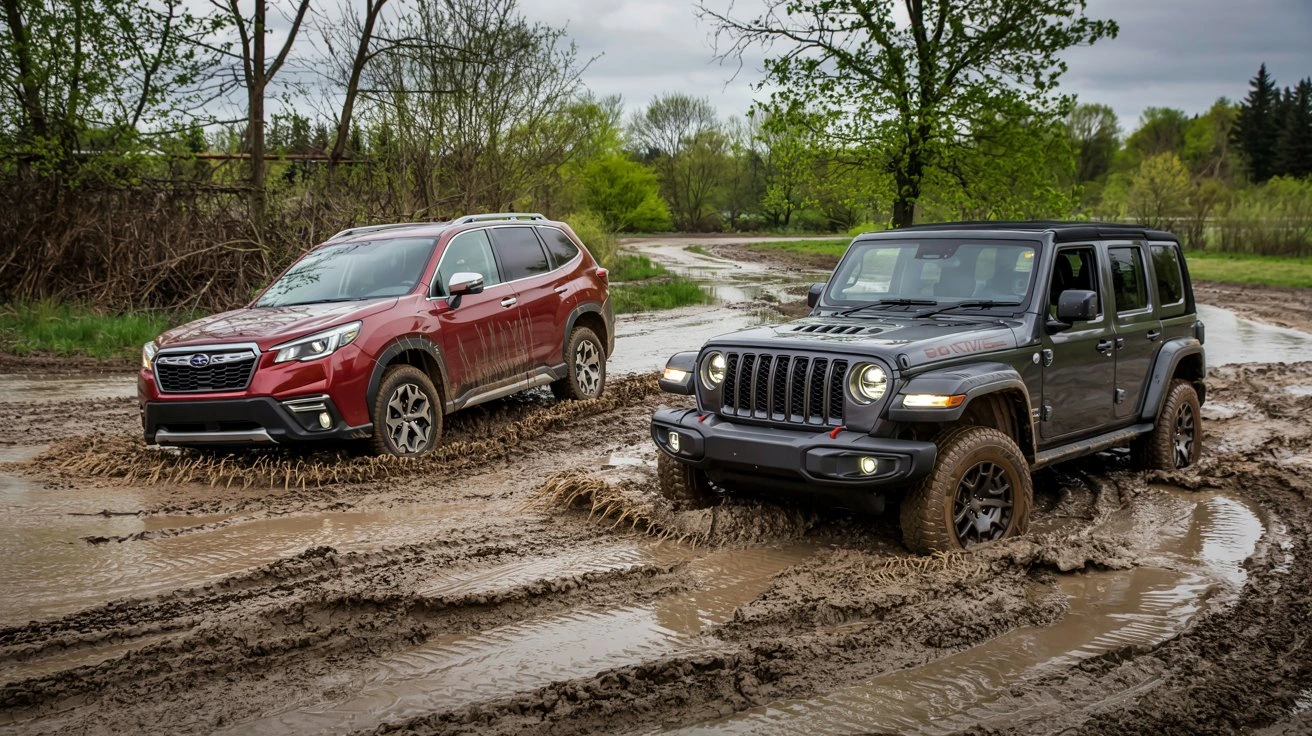
_1770807147.webp)
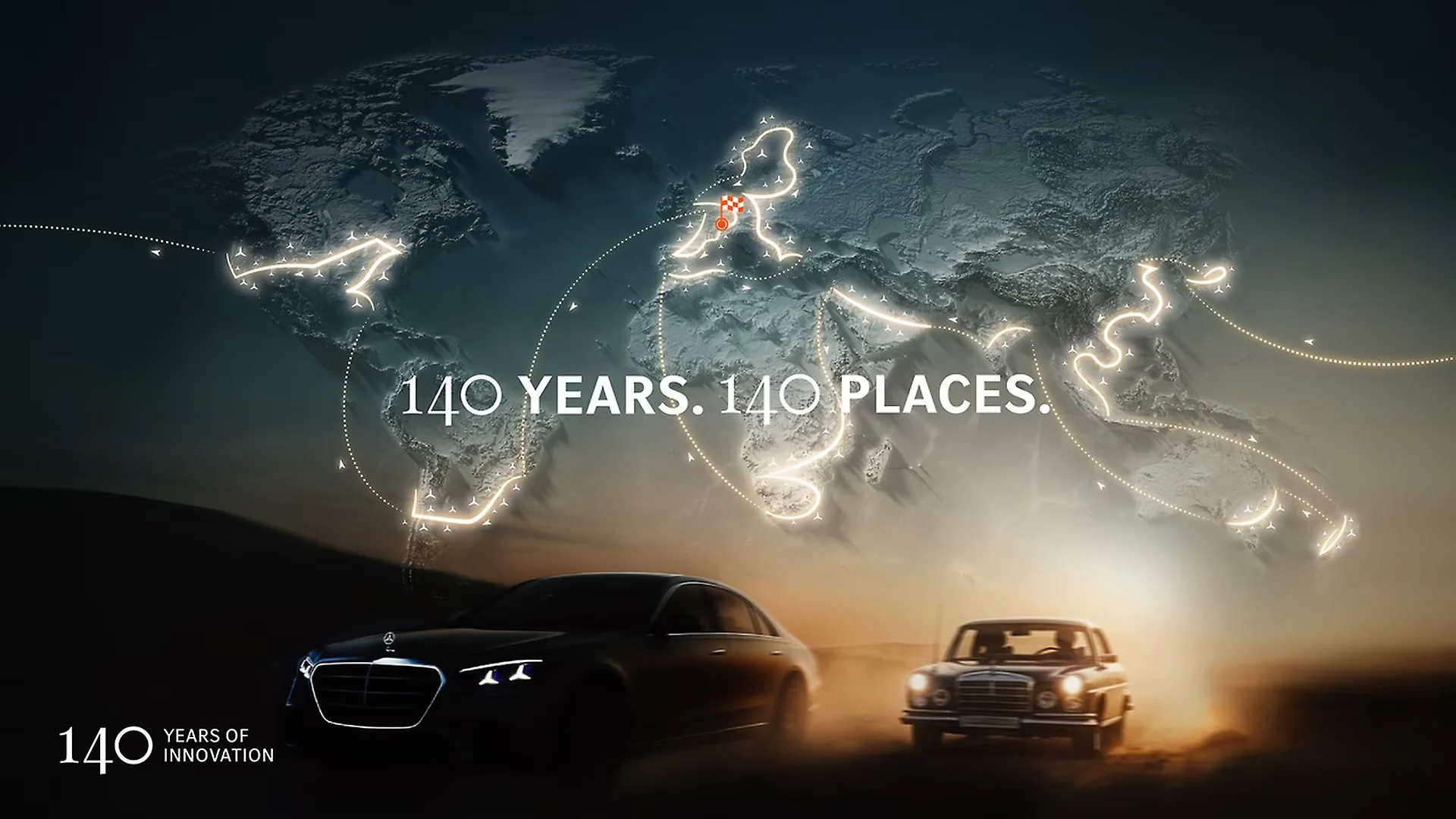
_1770268654.webp)
